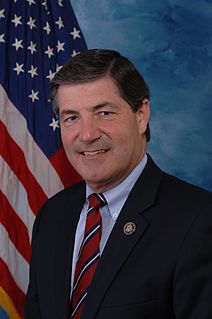A Quote by Heather Cox Richardson
New states were supposed to join the union when they reached a certain population, but in the late 19th century, population mattered a great deal less than partisanship.
Related Quotes
...there is an optimal balance, depending on the manner of man's life, between the density of human population and the tolerances of nature. This balance, in the case of the United States would seem to me to have been surpassed when the American population reached, at a very maximum, two hundred million people, and perhaps a good deal less.
Today, the District of Columbia has more residents than at least two other states; Puerto Rico has more than 20. With numbers like that, admitting either or both to the union is less a political power play on the Democrats' part than the late-19th-century partisan move that still warps American politics.
Many agricultural counties are far more important in the life of the State than their population bears to the entire population of the State. It is for this reason that I have never been in favor of restricting their representation in our State Senate to a strictly population basis. It is the same reason that the founding fathers of our country gave balanced representation to the States of the Union, equal representation in one House and proportionate representation based upon population in the other.
It all started in India in the late 60s when I began helping my husband George, who was in the population field, evaluate the introduction of the intrauterine contraceptive device. At that time the IUD was considered to be the panacea for India's population problem. George's dissertation was focused on population and he became interested in the question of this new technology and how people were responding to it.
Schools that are freely accessible allow the organization of certain specific learning tasks which a person might propose to himself. Schools, when they are compulsory - as we see at this moment in the United States - create a dazed population, a 'learned' population, a mentally pretentious population, such as we have never seen before.
I was really interested in 20th century communalism and alternative communities, the boom of communes in the 60s and 70s. That led me back to the 19th century. I was shocked to find what I would describe as far more utopian ideas in the 19th century than in the 20th century. Not only were the ideas so extreme, but surprising people were adopting them.







































